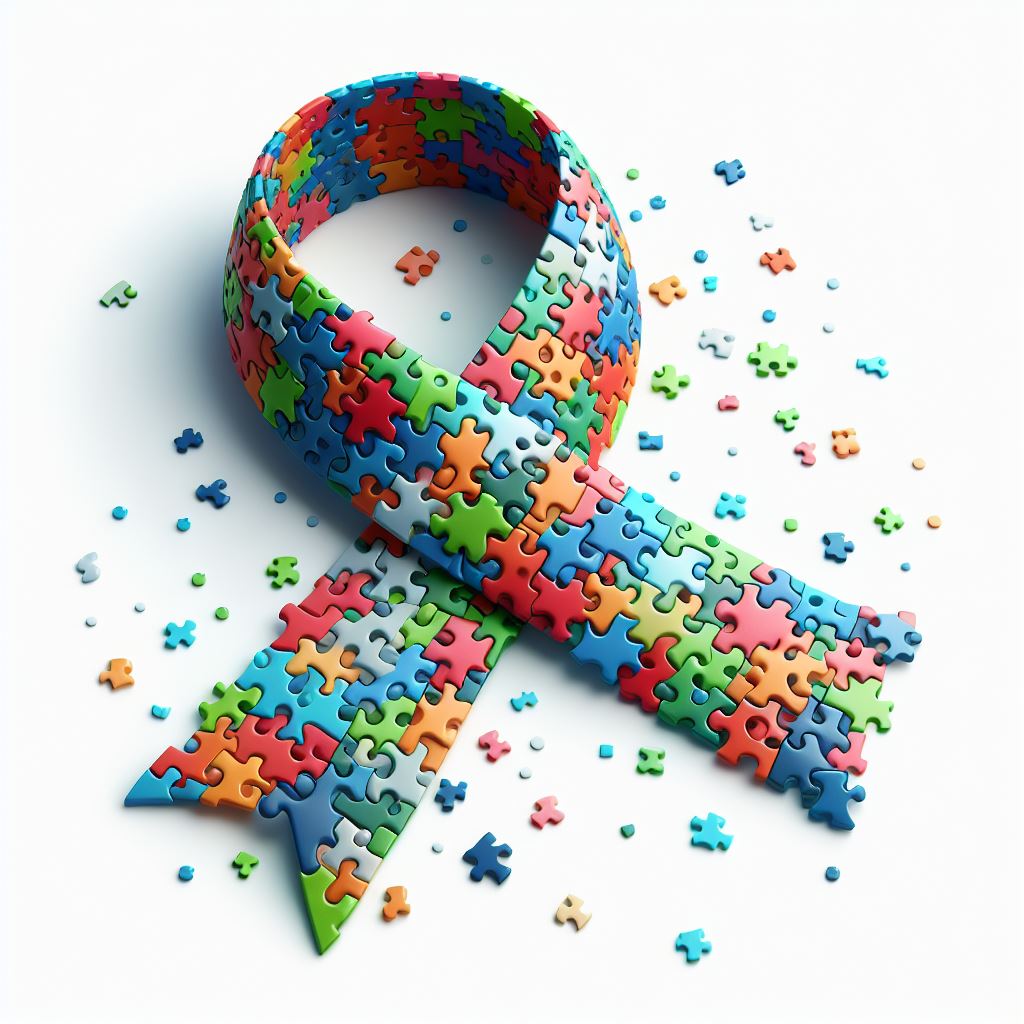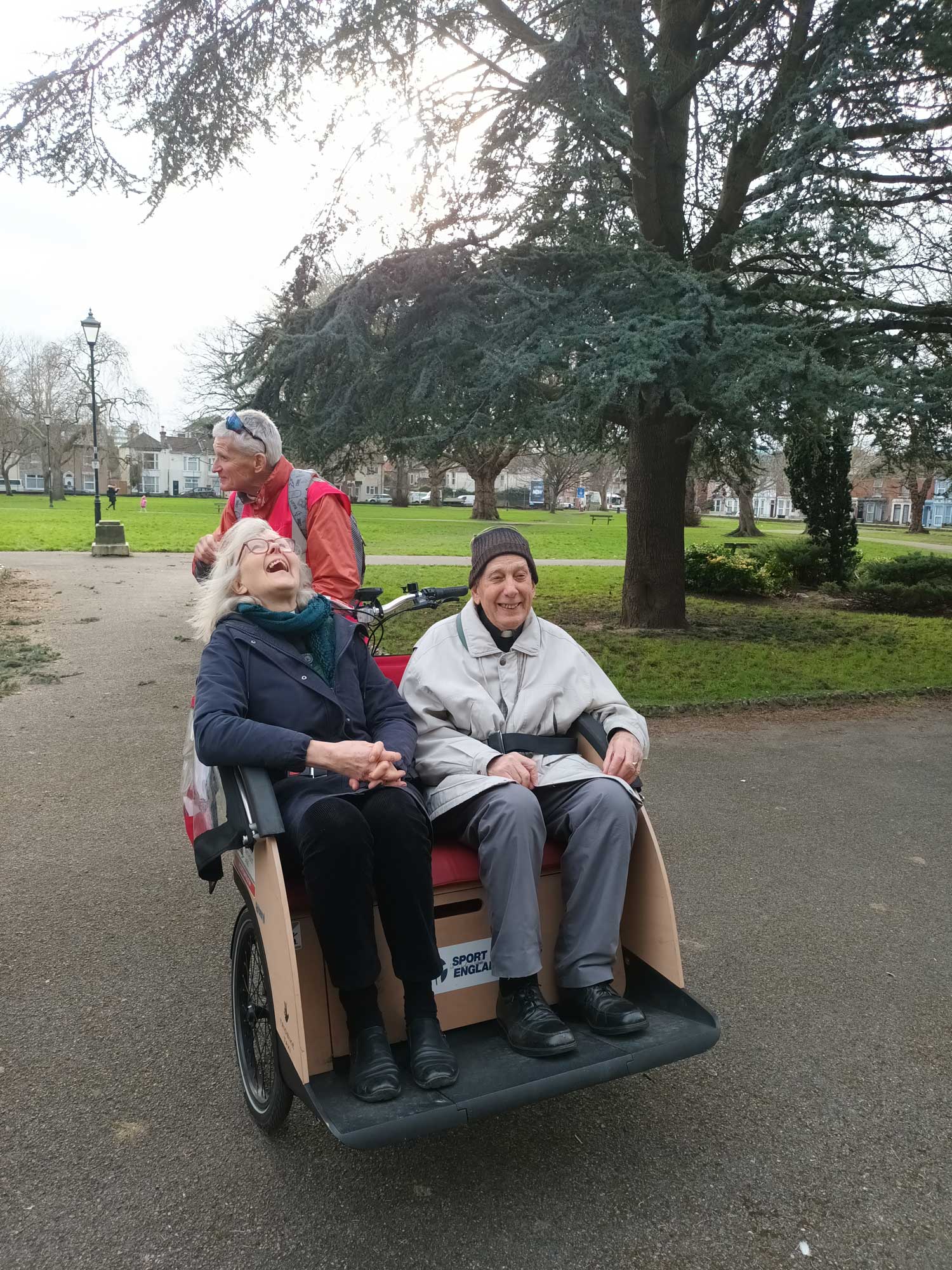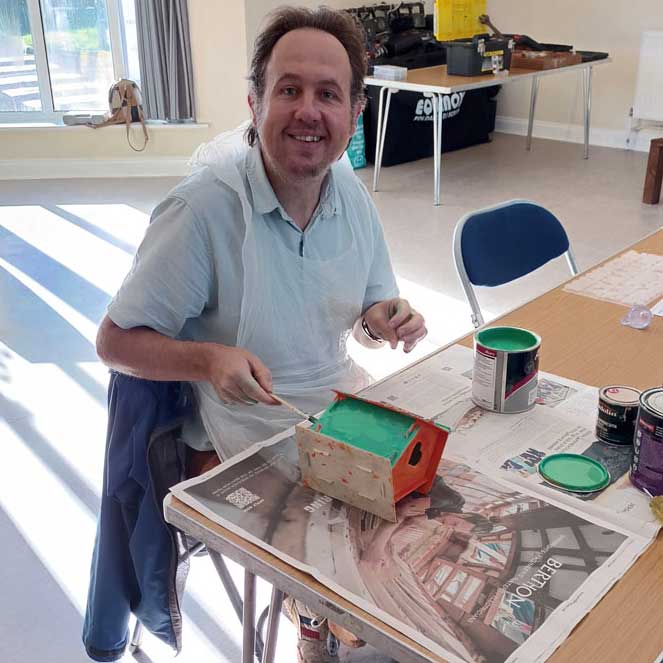Poetry is an art form that can help us in so many ways. It can open up new thought processes, create new worlds, and allow us to dream. It’s also an excellent way to de-stress. Sadly, as with many hobbies, we can drop them. There are many reasons for this.
Life can get in the way. Or, we feel too mentally exhausted to create. Or, perhaps, we just lose interest. Caryn, who moved from Premier Crew to permanent staff in 2023, returned to poetry after many years. A short while ago, she sent in a poem that is inspired by her work in Enablement. It’s called Our Many Hats.
We chatted with Caryn about how she got to where she is now, both in her career and in her poetry.
How long have you been in the field of care and support?
I have been in the field of care, nursing, and support for over 30 years. And I’ve been through a variety of roles and establishments. Nursing, residential homes, day centres, domiciliary care, hospitals, community, and even PA work. I’ve gained valuable insights and knowledge in different styles of care and support. As carers and support workers, our learning always continutes. It never really stops, even after three decades!
Why do you like your work?
Working with The YOU Trust has been my favourite role in my career. Because when you work with a client one-on-one, you get a real sense of them as individuals. You build a rapport with them, as they do with you. You get to know them inside and out. What makes them happy, what makes them sad. Their likes, their dislikes, and so on.

Knowing that you are making a difference in somebody’s life is very rewarding. Knowing that when you leave them happy at the end of the day, is a great sense of achievement.
In past roles, there have not always been the same rewards. Your energies and time are split in so many directions. So, focusing on just one person is nearly impossible. Being a support worker hands you the reins to drive the client into an improved and transformed freedom of independence. You build on their goals, confidence and self-esteem. Which they may never have achieved without the support.
Tell us what support you offer each week
My average week consists of helping with:
- shopping for groceries
- preparing meals and drinks
- laundry and housework
- paying bills, budgeting and banking
- medical appointments
- managing special dietary requirements
- emails and correspondence
We also help clients access the community. This might include swimming, gym or walks in the forest. They enjoy coffee shops, retail therapy, eating out, or picnics in their favourite spot. All the ingredients to make someone’s life that little easier and manageable. But also, building their confidence and social skills.

What inspires your poetry?
Writing poems is an art form. All the poems I write are based on observations; current affairs, world events, people and so on. The words just come to me. I can write a poem in 10 minutes. Or a few days. Something will trigger my thoughts to get writing, no matter where I am or what I’m doing.
My phone colour notes have been my best friend, this is where the drafts start. And if I suddenly get an idea, I have to get it down before the moment is gone for good.
All of my poems and illustrations, (doodles, if I’m honest), are handwritten in a book which I will leave my family.
What advice can you give potential support workers?
I would advise them that it is not just a job to just earn a wage. It takes someone who can put themselves in somebody else’s shoes. To be compassionate, caring and sympathetic to their needs.

It’s not an average 9-5 job. When you go home at the end of your working day, it doesn’t end there. There may be paperwork or emails to send. There may be something you have promised to research. The thoughts of the client, whether a good day or a bad day, don’t disappear as soon as you go home.
If you can accept this is how life will be, you are halfway there. The other half is the great sense of achievement when you have succeeded in making a positive change in somebody’s life.
How you manage to bring joy back into someone’s life, put a smile on their face and laughter in their belly. Built trust between you and a good rapport. Boosted their confidence and was just there, as support and a friend, putting their needs at the centre of every decision.
Inspiration for art
Here is a poem I wrote for my eldest granddaughter. She is studying to be a chef, and hoping to train in France (she speaks fluent French!). Her lemon cake is loved by all of us. I said she could sell it and make money. She laughed it off. Then I told her I was going to write a poem about her lemon cake. So, I did. In 10 minutes.
Leonsie’s lemon lush cake
Is one to master, for one to make
Unique in its right, so tasty and light
A cake like no other, Just sheer delight.
The aroma that fills the room
Zesty smells around that loom
Sweet lemons and crystal sugar
Escape the warmth of the cooker
A signature sponge, so soft and light
Taken to heaven, with the very first bite.
Glistening top, with a crunch when sliced
Bright yellow in colour, taste buds enticed
People will flock, for this tea-time treat
Pennies will roll, when it’s sold to eat
Bags will be filled, there is a big rush
Nothing comes close to Leonsie’s Lemon Lush!








